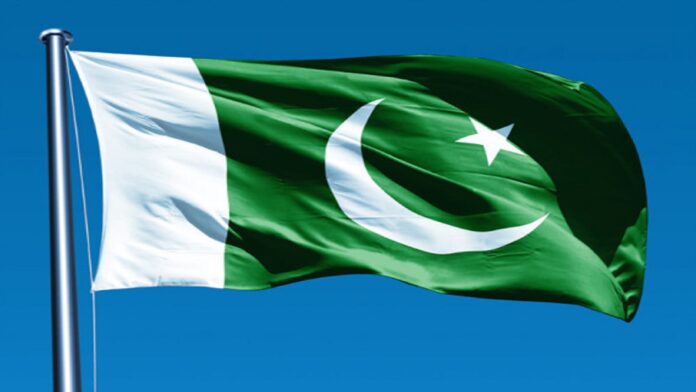Pakistan is facing a severe foreign exchange (forex) crisis, prompting the government to take drastic measures to overcome its financial struggles. As part of its efforts, Islamabad has resorted to selling its public assets to secure much-needed forex. This move comes as friendly countries that previously provided aid have reduced their support, and foreign investors are withdrawing from the country. In this article, we will explore the challenges Pakistan is facing, the measures it is taking to address the crisis, and the impact on its economy.
Forex Shortage and Asset Sales:
Unable to meet its forex requirements, Pakistan has turned to selling its public assets as a means of generating immediate funds. One notable example is the recent leasing of berths 6-9 at Karachi Port’s East Wharf to a UAE-based company for USD 220 million. This inter-governmental transaction under a new law allows the country to raise emergency funds by leasing assets to foreign entities. The 50-year concession agreement grants the newly established Karachi Gateway Terminal Ltd. (KGTL) the responsibility of managing, operating, and developing the port terminals to increase capacity.
Benefits of Asset Sales:
The decision to lease out public assets not only provides the urgently needed forex but also reduces the burden of funding critical imports necessary for port development. While Islamabad had been offering its assets for sale since last year without much interest, the UAE’s agreement to purchase an interest in Karachi port has provided a much-needed lifeline to Pakistan during this unprecedented forex crisis. The move signifies the support of a friendly country in helping Pakistan overcome its financial difficulties.
Challenges Faced and Economic Impact:
The ongoing political and economic uncertainties in Pakistan have deterred foreign investors from entering the country, exacerbating the forex crisis. Additionally, Saudi Arabia, a reliable development partner, has shifted its aid strategy to focus on economic accountability, ending the practice of providing unrestricted financial assistance. This change has left Pakistan without the same level of support it previously received.
To address the situation, Pakistan is under pressure from friendly countries to implement economic reforms and seek assistance from the International Monetary Fund (IMF). Delayed IMF assistance has affected the country’s credibility and its ability to secure much-needed bailout funds. Consequently, the government has made significant changes to the Finance Bill for the upcoming fiscal year, including additional tax measures and spending cuts, to comply with IMF conditions and regain the confidence of international lenders.
Foreign Investors’ Withdrawal:
Foreign investors are increasingly withdrawing from Pakistan, further exacerbating the economic challenges. Several international companies have sold their stakes in Pakistani businesses, citing various reasons such as financial losses, unfavorable market conditions, and concerns about the business environment. The exit of companies like Bayer, Eli Lilly, and Shell Pakistan, among others, raises concerns about Pakistan’s attractiveness to foreign investors and its ability to sustain foreign direct investment.
The forex crisis in Pakistan has prompted the government to resort to selling public assets as a last resort to alleviate financial struggles. With friendly countries reducing their aid and foreign investors withdrawing, Pakistan faces significant economic challenges. However, by leasing public assets and implementing necessary economic reforms, the country aims to stabilize its economy and regain the confidence of international lenders and investors. The success of these measures will be crucial for Pakistan’s path towards sustainable economic growth and financial stability.



